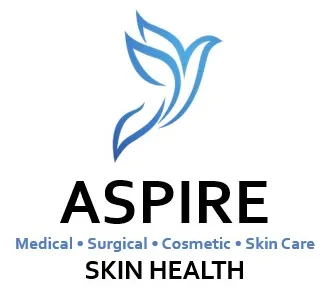Rosacea Redness
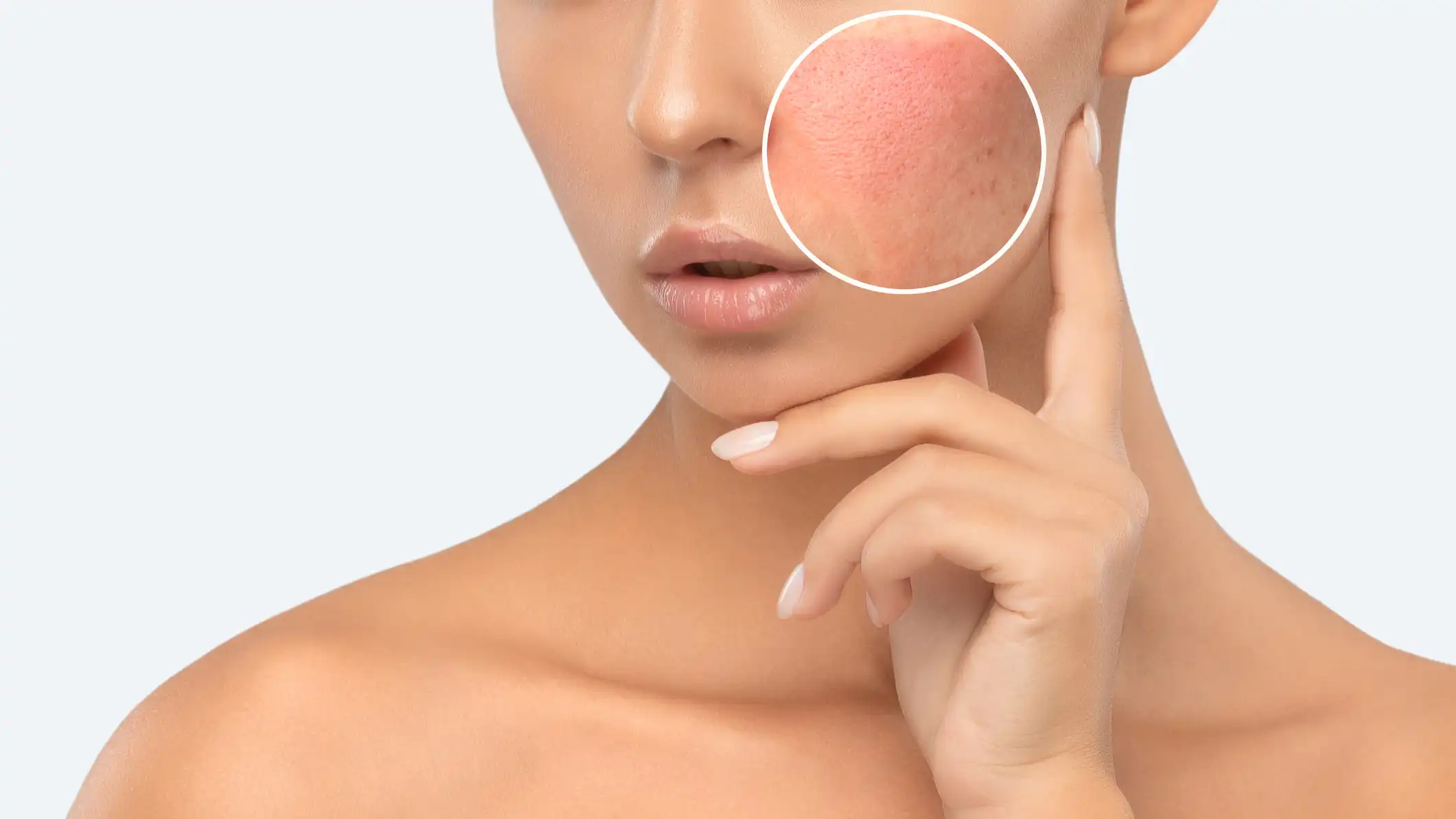
Background
Rosacea is a skin condition characterized by small red bumps and discoloration that appears like blushing when you’re not. A surprising number of people suffer from rosacea or a similar skin condition that affects their appearance and self-confidence. However, various treatment options exist to help control the effects of rosacea.
Etiologies and Causes
The causes of rosacea are incompletely understood but likely involves dysregulation of immune and neurocutaneous mechanisms. Nonetheless, some factors that may contribute to the development of rosacea include:
- Genetics – tends to run in families
- Microbial exposure
- Bacteria – bacterial proteins can activate neutrophils which produce inflammatory cytokines
- Demodex mites – tiny insects that in excessive quantities can cause skin irritation
- Ultraviolet (UV) light – sun exposure cause blood vessels to expand and appear more visible
- Disruption of the epidermal barrier
Additionally, there are a number of known triggers for rosacea, which may cause flare up, including:
- Stress
- Exercise
- Alcohol
- Very hot or very cold weather
- Spicy food
- Excessive sun exposure
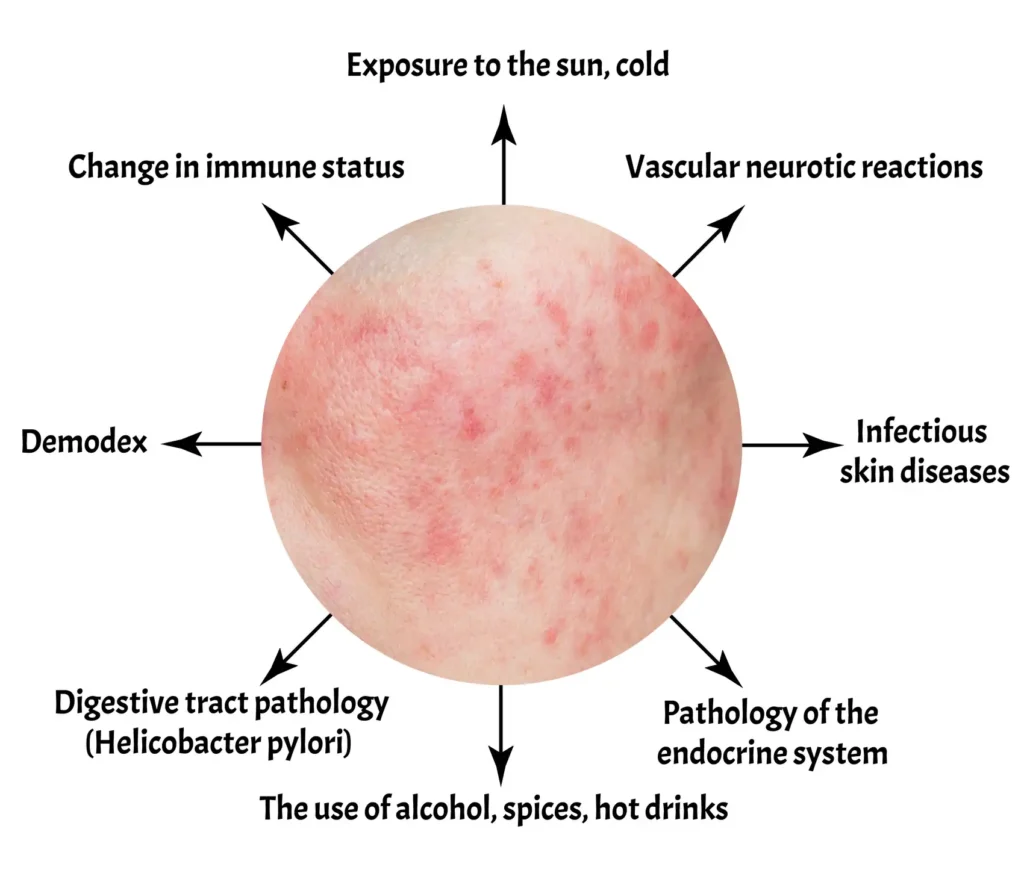
FAQs Rosacea
Signs and Symptoms
If you suffer from rosacea, the most common sign is cheek blushing. However, other signs and symptoms include:
- Redness
- Burning
- Stinging
- Nose swelling
- Enlarged pores
- Eyelid bumps or swelling
- Trouble seeing
- Rough skin texture
- Dryness
Locations
Rosacea most commonly occurs in the following areas:
- Face
- Ears
- Neck
- Chest
Physicians often recommend keeping a diary of your signs and symptoms, noting when they occur and what triggers a flare up. Therefore, if you take note of your symptoms, bring this with you to your appointment. The dairy may help your doctor diagnose your condition and offer treatment options.
Diagnosis
Our physician can conduct a combination of the following during a simple office visit to help diagnose your skin condition:
- Physical examination – looking for physical signs, like enlarged facial blood vessels
- Symptom evaluation – questions about your physical symptoms, how long you have experienced them, and what triggers the symptoms
- Medical history evaluation – questions about your past health issues that may be related to the skin condition
Prevention
Several simple steps can help you prevent and treat acne without significant medical interventions. Ask your doctor for help.
- Wash your face in the morning and at night without harsh scrubbing
- Keep your hair clean (free of excessive oils or hair products)
- Avoid touching your face, especially the acne areas
- Do not pop zits or pimples
- Visit your doctor regularly and ask about medications that might help
- Use dermatologist-recommended facial cleansers and topical creams
Treatments
Although no specific cure exists, the symptoms of rosacea can be managed with proper treatment and care. For example, some treatment options include:
- Avoiding stress and other triggers
- Using sunscreen and moisturizers
- Taking certain medications
- Using topical creams and gels
- Undergoing laser and light treatments
At the Aspire Skin Health, we offer customized cosmetic treatments and skincare regimen that directly address concerns associated with rosacea. Laser and light therapies can improve the look (redness) and feel (texture) of rosacea.
Light & Laser Therapy Rosacea
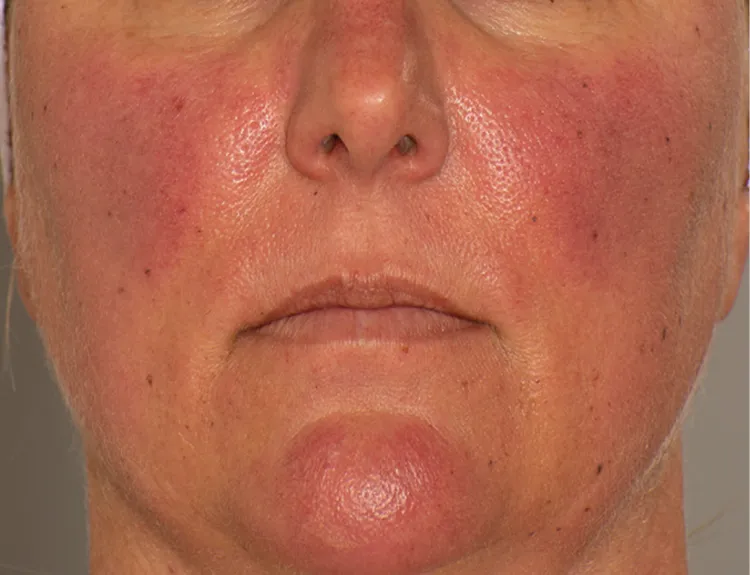
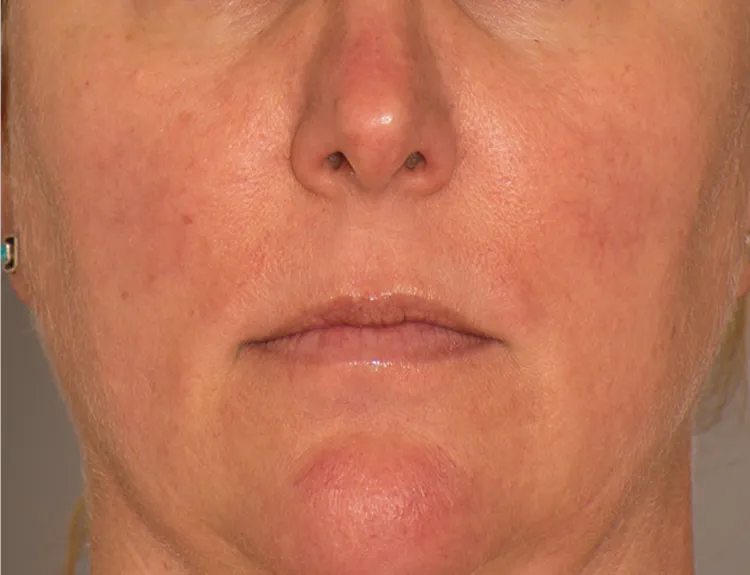
One month post three treatments with ClearSilk
Courtesy of Brooke Bangart, National Laser Institute
*The above images where taken with permission from Sciton’s gallery.
Schedule a Consultation
If you have problems with rosacea, visit Aspire Skin Health for the treatment options. Our clinic provides compassionate and personalized medical care using cutting-edge treatments. Contact us today to schedule an appointment.
For other medical conditions, please visit the main page for Medical Services.
For more information on rosacea, please visit the AAD website https://www.aad.org/public/diseases/rosacea.
